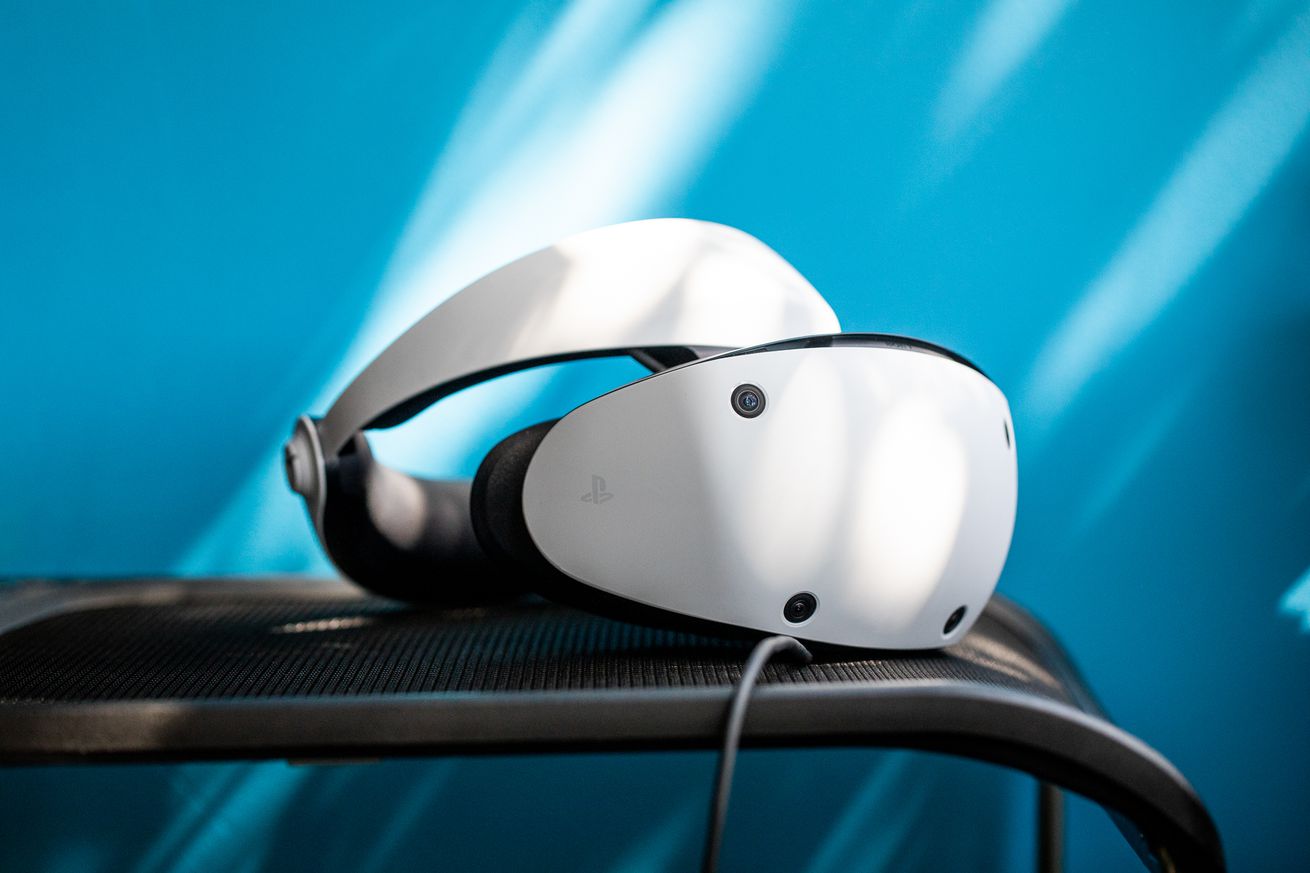
PlayStation VR2 sales expectations reportedly halved after disappointing preorders
Sony has reportedly reduced sales projections for the launch of the PlayStation VR2 after receiving fewer preorders than expected for the new virtual reality headset. As reported by Bloomberg, the Tokyo-based tech giant is allegedly halving its quarterly shipment forecast from two million units down to a million units in the run-up to the PSVR2’s release on February 22nd.
PSVR2 preorders first went live back in November last year, but many stores continue to take orders without a waitlist despite the product’s launch date being less than a month away — a stark contrast compared to the launch of hardware like the PlayStation 5 or the Meta Quest 2 which struggled to cope with high consumer demand.
Price and compatibility are reportedly the largest contributors to the low preorder figures. At $549, the PSVR2 seems fairly priced for its hardware, especially compared to pricier rival offerings like the Valve Index and HTC Vive Pro 2. However, these headsets may be viewed as a better investment as they can be used across different devices and systems such as PC, while the PSVR2 is only compatible with Sony’s PS5 console. “The PSVR2 will be no more than an expensive accessory for the PS5,” said Damian Thong, an analyst at Macquarie Capital, in comments carried by Bloomberg.
The first-generation PSVR holds a less than 1 percent share of the VR hardware market
Sony is reportedly expecting around 1.5 million units to ship to customers between this April and March 2024. Meanwhile, IDC estimates that global shipments of AR/VR headsets will increase by 32 percent to 12.8 million units this year, with the Meta Quest range currently dominating the market with an almost 85 percent share. By contrast, Sony’s first-generation PSVR — which sold two million units in its first year — currently has less than a 1 percent share of the market.
The Sony PSVR2 is releasing as the wider VR industry is seeing a drop in demand. Sales of the Meta Quest 2 headset fell sharply after its price was increased by $100 in August 2022, and both Meta and Microsoft scaled back VR operations during company layoffs. Despite the current lackluster demand, the long-term outlook for AR/VR displays still looks promising, with analysts anticipating that revenues will reach $7.3B by 2027, growing by over 50 percent.

